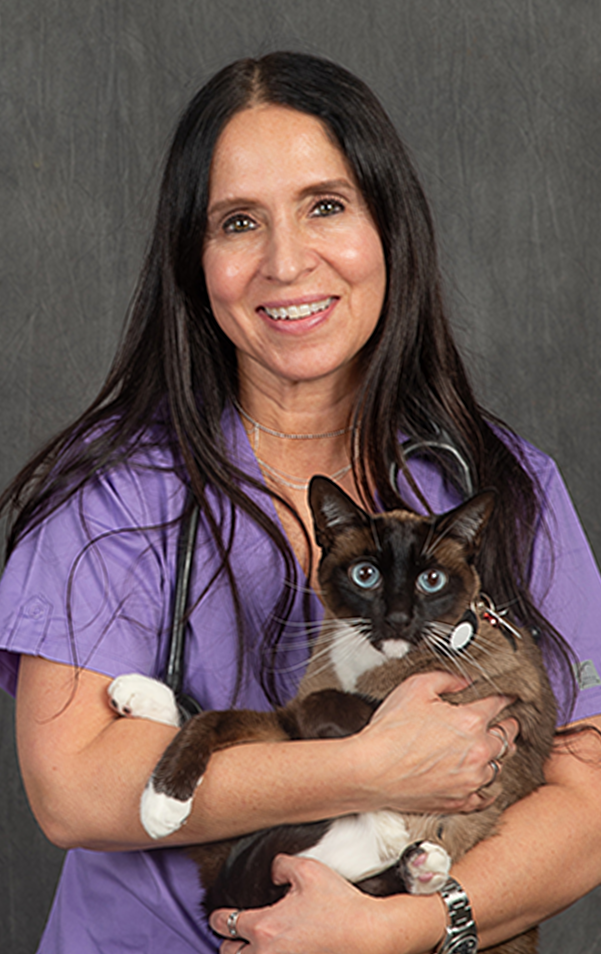Hello Pet Parents,
Bringing your pet home after surgery can be a mix of relief and anxiety. You're thrilled they're back by your side, but suddenly you're responsible for incision care, medication schedules, and monitoring their recovery – often with a worried pet who just wants to be left alone! It's a critical time for healing, and having the right support can make all the difference for a smooth and successful recovery.
At Pad Home Pet Services, we understand these challenges. Our compassionate and skilled veterinary technician pet nursing care brings expert post-operative support directly to your doorstep, ensuring your pet — whether a dog, cat, exotic fish, birds, reptiles, or amphibians — receives the best possible care without the added stress of clinic visits.
Here’s what you need to know about post-surgery pet care at home and how Pad can be your essential partner:
Immediate Post-Op Priorities: The First Few Days
The first 24-72 hours after surgery are crucial. Your primary veterinarian will provide specific discharge instructions to be followed, but generally, here's what to expect and prioritize:
-
Strict Rest: Limit activity. No jumping, running, or excessive stair climbing. For dogs, short, leashed bathroom breaks only.
-
Pain Management: Administer prescribed pain medication exactly as directed. This is vital for comfort and healing.
-
Incision Monitoring: Check the incision site daily for excessive redness, swelling, discharge, foul odor, or opening. A small amount of redness or swelling is normal.
-
4. E-Collar (a.k.a. Cone of Shame): It may be uncomfortable, but it’s crucial—preventing your pet from licking, chewing, or scratching the incision. If your vet approves, alternatives like inflatable donuts or the DogCover suit by ReCover can offer gentler protection.
-
Appetite & Hydration: Offer small amounts of bland food and fresh water. Nausea can be common initially.
-
Elimination: Ensure your pet is urinating and defecating normally. Anesthesia can slow bowel movements.
-
Monitor Energy Levels: While some lethargy is normal due to anesthesia and pain meds, extreme weakness or unresponsiveness requires immediate veterinary attention.
Longer-Term Recovery: Weeks 1-4+
Depending on the surgery, recovery can take several weeks. Continue diligent monitoring and follow your vet's guidelines regarding:
-
Activity Restrictions: Gradually increase activity as advised.
-
Medication Schedules: Complete full courses of antibiotics or anti-inflammatories.
-
Follow-Up Appointments: Attend all scheduled rechecks with your primary vet for incision checks or suture removal.
-
Physical Therapy (If recommended): Gentle range-of-motion exercises or massage can aid healing.

How Pad Provides Seamless In-Home Post-Operative Support
This is where Pad's veterinary technician pet nursing care truly shines. Our compassionate vet techs are highly skilled in post-op care and can handle many of the tasks that can be stressful for both you and your recovering pet.
-
Wound Management: Our technicians can expertly clean incision sites, apply fresh bandages, and monitor for any signs of infection or complications. This ensures proper healing and reduces the need for stressful clinic visits for bandage changes.
-
Medication Administration: We ensure your pet receives all prescribed medications (oral, injectable, or topical) on schedule and accurately, preventing missed doses that could hinder recovery.
-
Pain & Comfort Assessment: Our technicians can assess your pet's pain levels in their relaxed home environment, providing valuable feedback to you and your veterinarian for optimal pain management.
-
Mobility Assistance: For pets with limited mobility after surgery, we can assist with gentle movement, sling walks, or help them get comfortable.
-
Fluid Therapy: If your pet needs subcutaneous fluids, our technicians can administer these comfortably at home.
-
Tube Feedings: For pets unable to eat on their own, we can assist with or perform tube feedings.
-
Suture/Staple Removal: In many cases, our technicians can safely remove sutures or staples at home, saving you another clinic trip.
-
Detailed Reporting: We maintain clear communication with your primary veterinarian (if needed), providing thorough updates on your pet's progress and any concerns, ensuring seamless continuity of care.
By letting Pad handle the day-to-day post-operative veterinary technician pet nursing care, you can focus on providing comfort and love to your recovering companion, while knowing they're in expert hands.
Frequently Asked Questions (FAQs)
Q: Can Pad entirely replace my post-op vet visits?
A: Pad's veterinary technician pet nursing care significantly reduces the need for multiple clinic visits by handling many aspects of at-home care. However, your primary veterinarian will still need to perform the initial surgery and may require specific follow-up appointments (e.g., for major re-checks or complications). We work with your vet, keeping them fully informed.
Q: My pet hates wearing their cone. Can Pad help keep it on?
A: While the cone is crucial, our technicians can offer tips and tricks for making it more tolerable for your pet. We focus on positive reinforcement and gentle handling during all interactions.
Q: What if I notice something seriously wrong with the incision during a Pad visit?
A: Our compassionate veterinary technicians are trained to recognize complications. Should any concerning issues arise during a visit, we will immediately inform you and communicate directly with your primary veterinarian to determine the best course of action.
Q: How do I arrange for post-operative care with Pad?
A: Give your pet the best chance at a smooth, stress-free recovery! Visit our website at www.padhps.com, email us at contact@padhps.com, or call us at 347-767-7641. We're here to support all pets – dogs, cats, exotic, fish, birds, reptiles, and amphibians – through their post-surgical journey.

